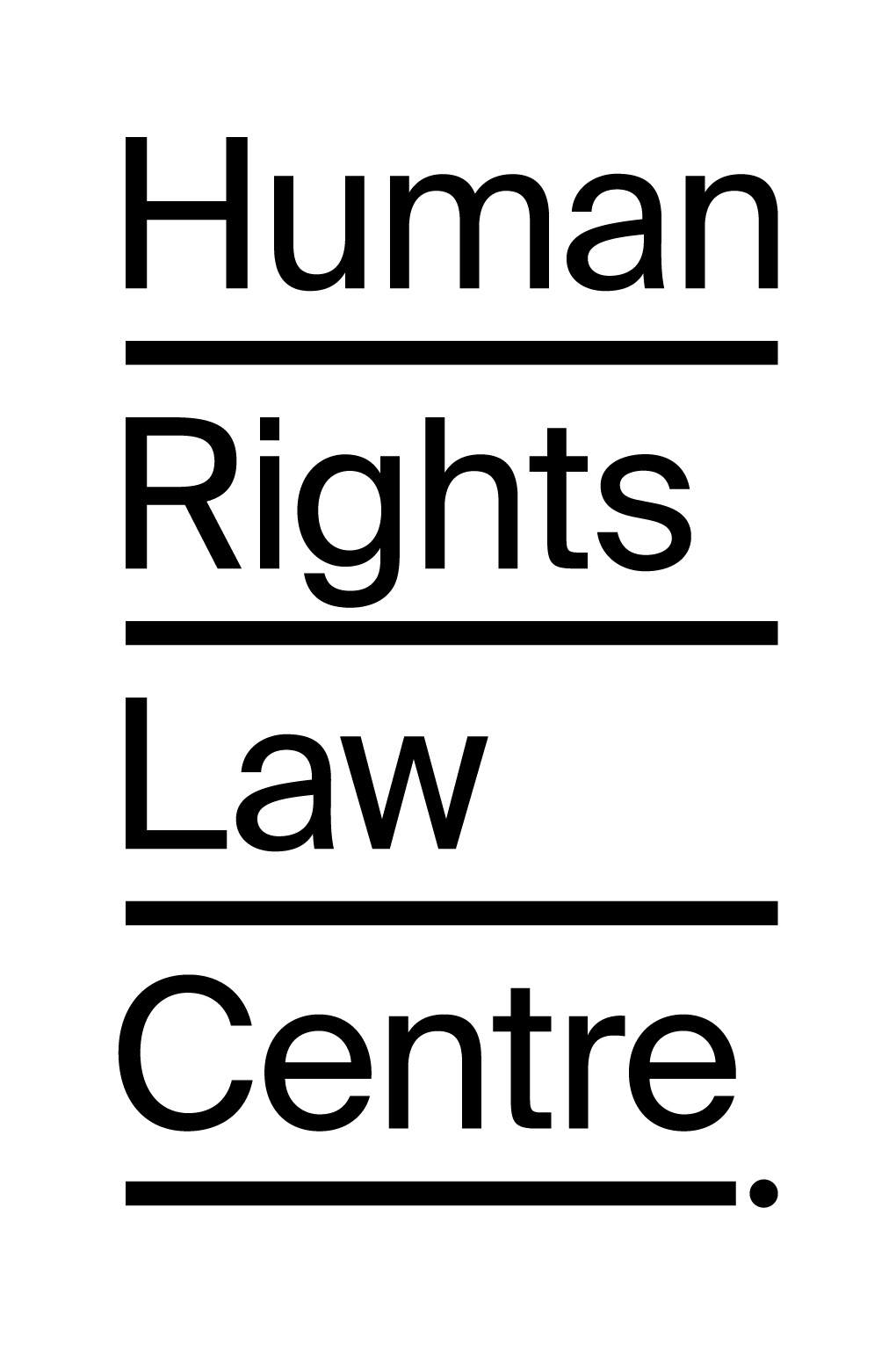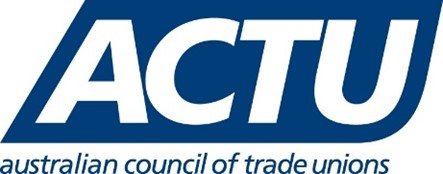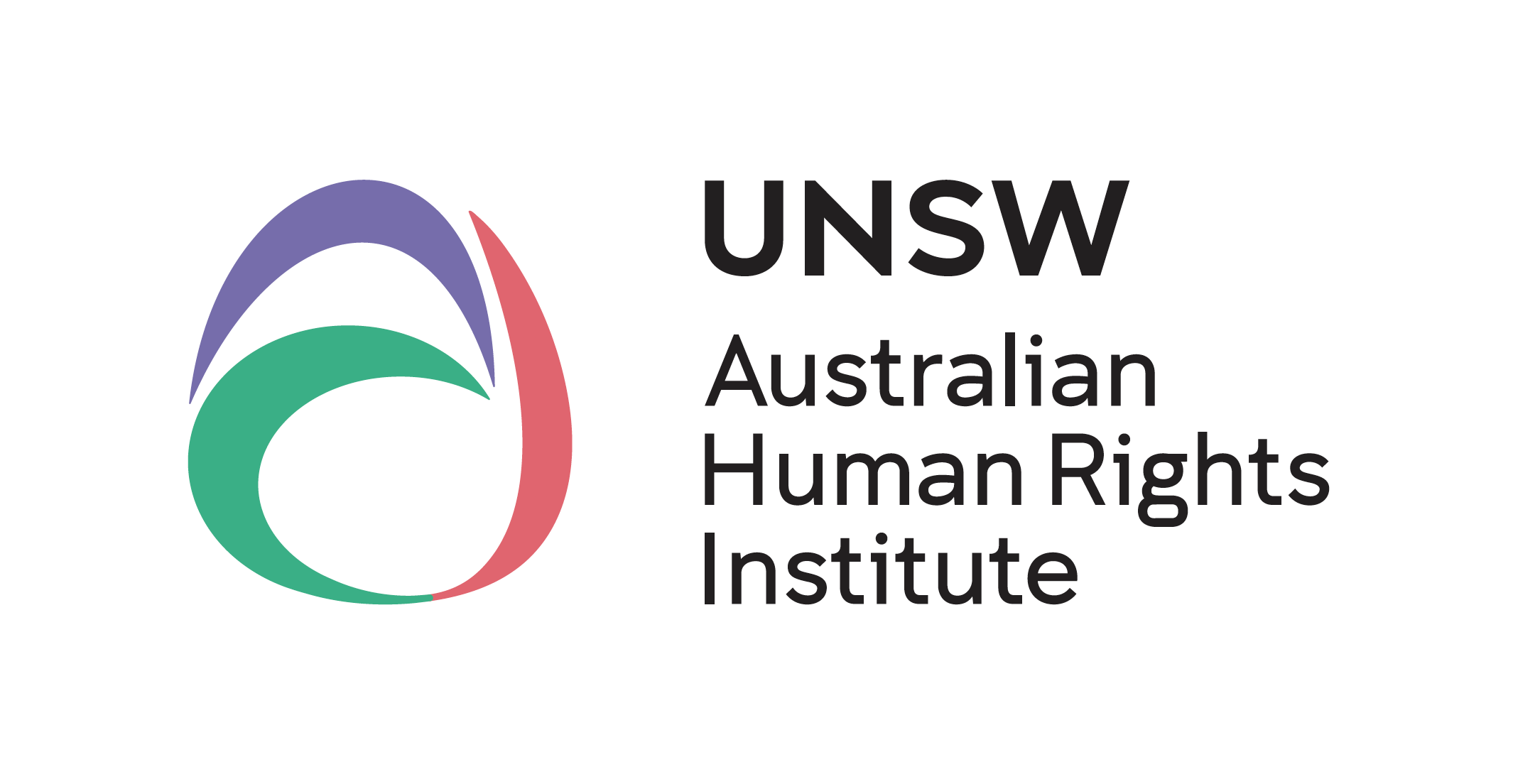New Anti-Slavery Commissioner welcome but laws should go further
Civil society groups and unions have welcomed the Albanese Government’s establishment of an Anti-Slavery Commissioner, but urged the Albanese Government to strengthen the powers and resourcing for the office so that it can effectively address forced labour in the supply chains of Australian companies.
The Global Slavery Index estimates that 41,000 people in Australia and almost 50 million people globally, currently live and work in situations of modern slavery.
Legislation establishing the office of the new Anti-Slavery Commissioner was passed in the parliament last night. The Commissioner will be responsible for promoting business reporting under the Modern Slavery Act, raising community awareness and supporting victim-survivors of modern slavery.
However as currently enacted, the role will have no enforcement or investigative powers to ensure that companies comply with the law, and only a modest budget of $8 million over four years. No new funding for the Commissioner was allocated in the recent May budget.
Civil society groups have expressed concerns that the weak powers and small budget for the role will greatly constrain the Commissioner's ability to effectively tackle modern slavery in the supply chains of some of Australia's largest companies.
They have also called on the Government to urgently move to strengthen the Modern Slavery Act in line with recommendations of an independent statutory review of the law undertaken last year by Professor John McMillan. The review found that there was a widespread view that Australia’s Modern Slavery Act 2018 had “not yet caused meaningful change” and made 30 recommendations to strengthen the law, including the introduction of penalties and mandatory due diligence for companies.
During debate on the Bill to establish the Anti-Slavery Commissioner, the Government foreshadowed that it may re-consider the Anti-Slavery Commissioner’s powers after the Government responds to the McMillan Review.
Keren Adams, Legal Director at the Human Rights Law Centre:
"Every person should be able to work in freedom and dignity, without threats of violence, coercion or abuse. But we know that in Australia today, up to 41,000 people are estimated to be living and working in conditions of modern slavery. We urge the Government to strengthen the powers and resourcing of the Anti-Slavery Commissioner so that the office can drive real change in corporate practices, support workers and help ensure no Australian company profits from forced labour."
Michele O’Neil, President, Australian Council of Trade Unions:
“The establishment of an Anti-Slavery Commissioner is a welcome move but more needs to be done. More than three years into the operation of the Modern Slavery Act, it’s clear that the Australian law is not strong enough to deliver real improvements for workers in situations of modern slavery in the operations and supply chains of Australian companies. We call on the Government to respond to the review of the Act and strengthen the role and powers of the Anti-Slavery Commissioner - to ensure that companies are taking action to tackle modern slavery and that every worker’s rights are protected.”
Professor Justine Nolan, Director, Australian Human Rights Institute:
“Australia is now at a critical juncture in its path to tackling modern slavery. A well-resourced Anti-Slavery Commissioner will need to be a key part of the government’s future strategy if we are to show the world we are serious about helping end this scourge.”
Carolyn Kitto, Co-Director, Be Slavery Free:
“In 2018 we boasted that we were leading the world in our actions on modern slavery, and we were. We can no longer make that claim. It is one thing to have legislation; it is another thing to actually decide to fund its implementation. Meanwhile Australian businesses continue to complete on a playfield which rewards those who have practices such as forced, bonded and child labour in their supply chains.”
Ramila Chanisheff, President, Australian Uyghur Tangritagh Women's Association:
"Without an Anti-Slavery Commissioner who will be able to enforce tangible legislation and actions to hold industries to account, Uyghurs will continue to be enslaved in products made or supplied by China. Uyghurs are facing horrific human rights abuses, and the Australian Government needs to start taking meaningful action to ensure we are not complicit in modern-day slavery."
Background
Australian businesses source primarily from the Asia Pacific region, which has the highest rates of modern slavery in the world, with over 15 million people thought to be working in situations of forced labour.
In 2022, academic and civil society partners released a major report which found that companies were still failing to identify obvious modern slavery risks in their supply chains or take action to address them three years into the Act’s operation.
Media Contact:
Thomas Feng
Acting Engagement Director
0431 285 275
thomas.feng@hrlc.org.au





